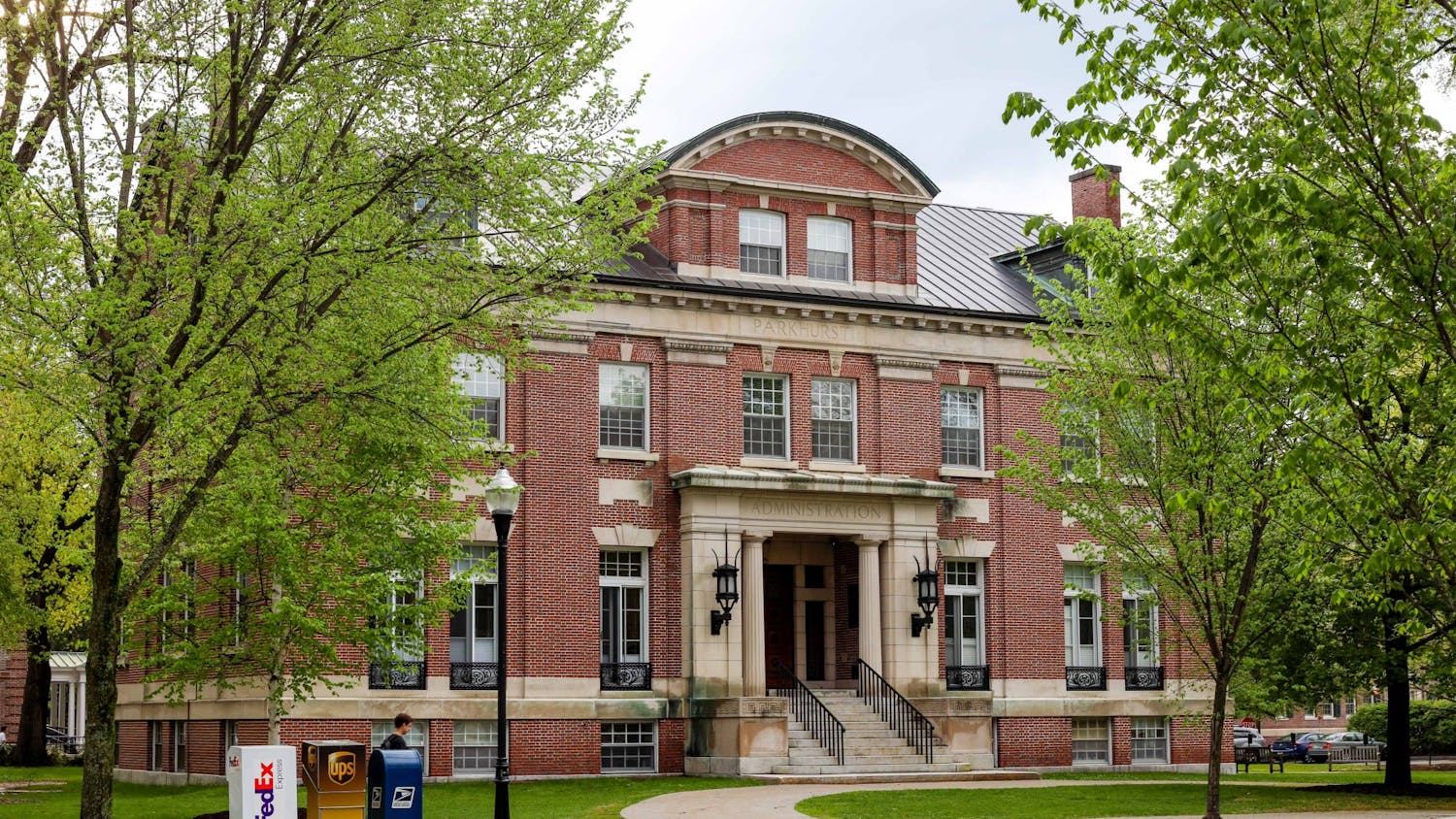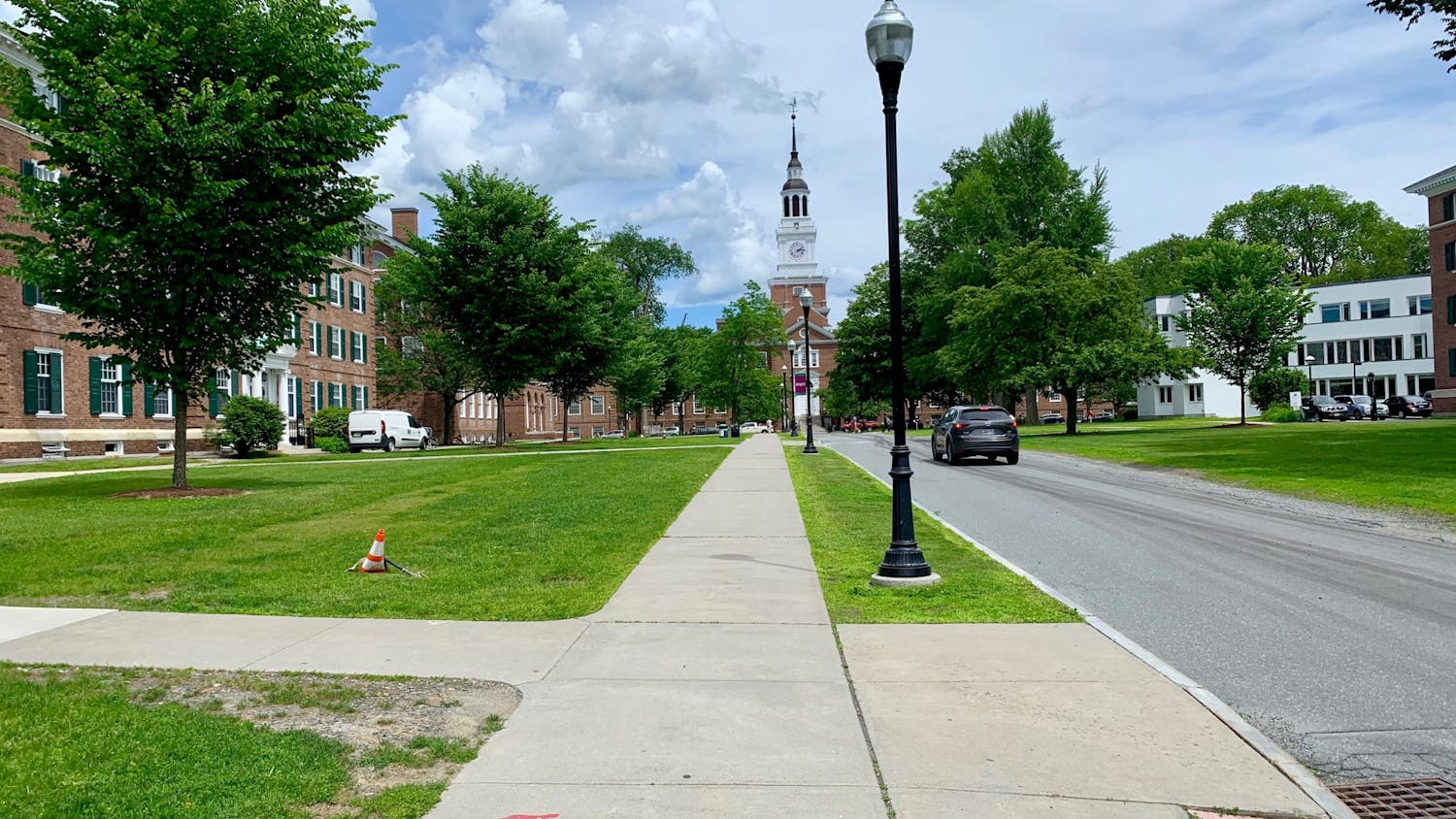On Feb. 16, the College abruptly announced its decision to close the Kresge Physical Sciences Library and the Paddock Music Library. According to a widely shared open letter by music department chair William Cheng, not a single music professor was consulted, or even alerted, before the administration eliminated the department’s library.
This omission ought to shock anyone. Sadly, few in the Dartmouth community will be surprised by the administration’s underhanded attempt to eliminate two beloved libraries.
Recent decisions have only emphasized the intentional opacity with which the administration operates. Under the cover of the pandemic, the administration has rammed through a series of controversial measures with little or no input from students, faculty or other members of the Dartmouth community.
Since the start of the pandemic, the administration has unilaterally cut — and then reinstated — five sports teams. It slashed study abroad programs, again allegedly without much input from the departments affected. The list goes on. Some may support these decisions, and some may oppose them. But all can agree that these major decisions were made with almost no input from the Dartmouth community members most impacted by the changes.
By maneuvering under cover of darkness, then presenting drastic moves without consulting the necessary parties, the administration has very publicly revealed the bankruptcy of its decision-making process.
The administration’s goal should be to serve the College; yet this administration has shown little desire to facilitate, or even listen to, the goals of the community. Instead, in the worst sort of bureaucratic politics, it has acted almost solely on its own interests. One would be hard-pressed to find a single student or professor who supports the recent elimination of the two libraries. That, presumably, is why the administration chose to implement the cuts with little warning, in what Cheng’s open letter aptly called an “ambush.”
But why is the administration — an entity that should exist solely to lead and serve the Dartmouth community — consistently disregarding students and professors?
Many voices, including that of this Editorial Board, have previously called for transparency and consideration of constituents’ voices in the College’s decision-making process. Yet, despite cursory measures like Dean of the College Kathryn Lively’s handpicked “student advisory board,” which purportedly weighs in on COVID-19 policy decisions — while other students rely on crowdfunded financial support — this administration still seems to show little interest in anything resembling accountability or transparency.
When appeals for transparency have not led to any substantive change, we must advocate for true accountability. In the long run, this means elected representatives of students and faculty holding seats on the Board of Trustees. This step may seem radical, but it is incumbent on the College. After all, should the true purpose of the College — to educate students and discover new knowledge — not have the final say in how the College operates?
This step is not unprecedented. Numerous peer institutions — including Cornell University and the University of Massachusetts system — have student representatives on their governing boards. The Board of Trustees has the ultimate say over what happens at the College, and with student and faculty representatives at the table, administrators will no longer have free reign to ignore the two most critical groups on Dartmouth’s campus.
In the short term, however, we propose a moratorium on all fait accompli style decisions, together with a requirement that the administration substantively consult relevant stakeholders before making decisions for them.
The clock has run out on an administration that has consistently failed to fulfill its purpose. Now is the time to stand up for the College, and for ourselves.
The editorial board consists of opinion staff columnists, the opinion editors, the executive editors and the editor-in-chief.



